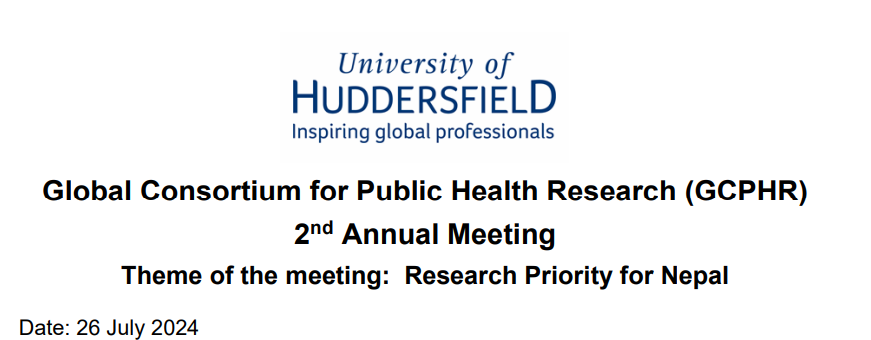 Last Friday (July 26) members of the GCPHR (Global Consortium for Public Health Research) held their second Annual Meeting at the University of Huddersfield. This year’s theme was “Research Priority for Nepal”. GCPHR is an international network of public health researchers, practitioners, and policymakers; for details click here! In addition to researchers from the University of Huddersfield, there were participants from Bournemouth University, Keele University, York St. John University, the University of Greenwich, Liverpool John Moores University, NHS England, the University of Bradford, the University of Wolverhampton, the University of Aberdeen, The University of Sheffield, Tribhuvan University (Nepal), Technical University of Kaiserslautern (Germany), Kids at School in Nepal UK, Green Tara Nepal, Global Banking School UK, QINET International, among others.
Last Friday (July 26) members of the GCPHR (Global Consortium for Public Health Research) held their second Annual Meeting at the University of Huddersfield. This year’s theme was “Research Priority for Nepal”. GCPHR is an international network of public health researchers, practitioners, and policymakers; for details click here! In addition to researchers from the University of Huddersfield, there were participants from Bournemouth University, Keele University, York St. John University, the University of Greenwich, Liverpool John Moores University, NHS England, the University of Bradford, the University of Wolverhampton, the University of Aberdeen, The University of Sheffield, Tribhuvan University (Nepal), Technical University of Kaiserslautern (Germany), Kids at School in Nepal UK, Green Tara Nepal, Global Banking School UK, QINET International, among others.
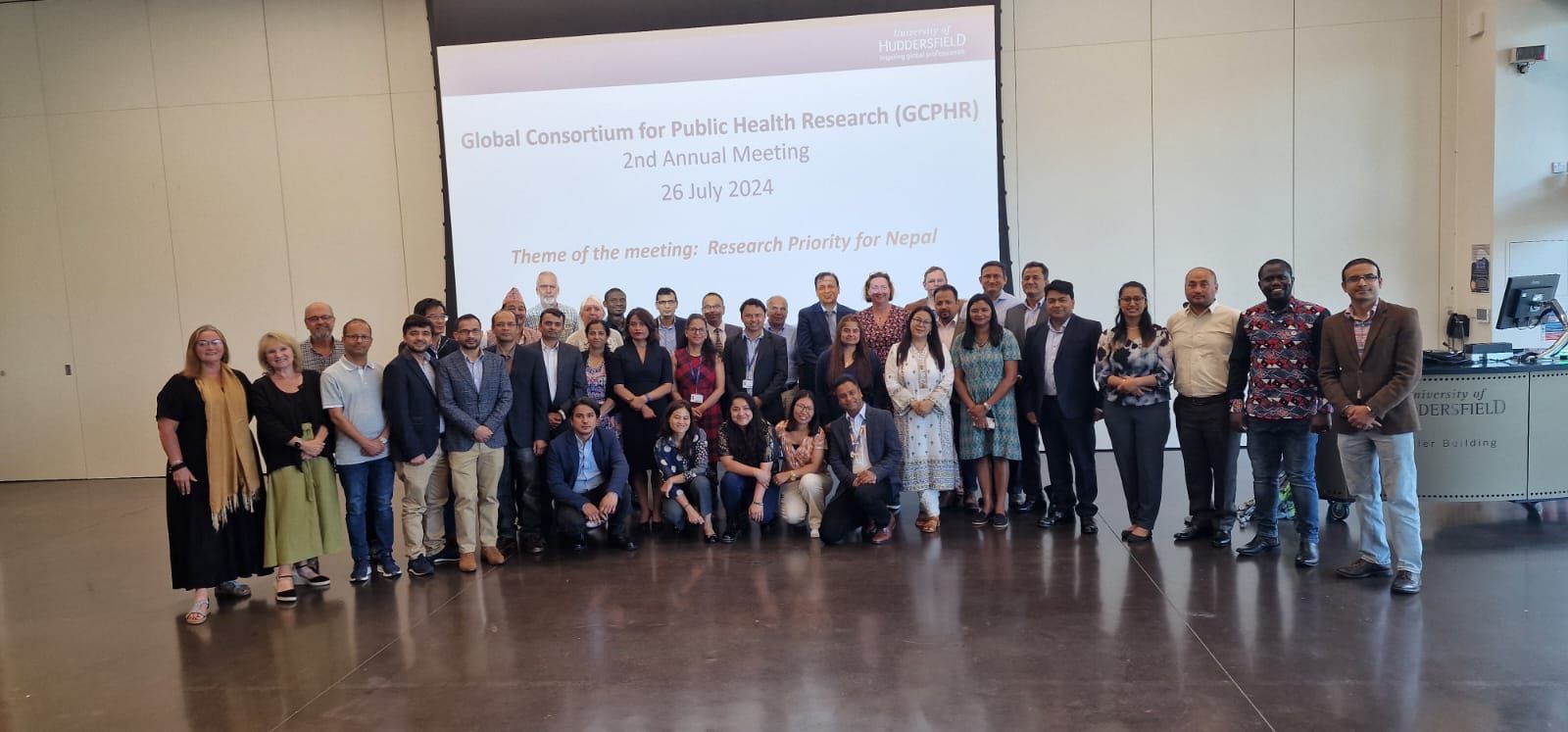 Bournemouth University was represented by Dr. Pramod Regmi, Principal Academic in the Centre for Wellbeing and Long-Term Health (CWLTH), Mr. Yagya Adhikari, Ph.D. student in the Faculty of Health & Social Sciences (FHSS), and Prof. Edwin van Teijlingen, in the Centre for Midwifery & Women’s Health (CMWH). Since the audience was very interdisciplinary with both academics and representative from development and research charities there were thought-provoking presentations at the GCPHR meeting resulting in stimulating debates. These will hopefully lead to future collaborations, grant applications and publications.
Bournemouth University was represented by Dr. Pramod Regmi, Principal Academic in the Centre for Wellbeing and Long-Term Health (CWLTH), Mr. Yagya Adhikari, Ph.D. student in the Faculty of Health & Social Sciences (FHSS), and Prof. Edwin van Teijlingen, in the Centre for Midwifery & Women’s Health (CMWH). Since the audience was very interdisciplinary with both academics and representative from development and research charities there were thought-provoking presentations at the GCPHR meeting resulting in stimulating debates. These will hopefully lead to future collaborations, grant applications and publications.
We thank Prof. Padam Simkhada, Dr. Rajeeb Sah, and many others from the University of Huddersfield for the excellent organisation of the event. Prof. Padam Simkhada is also Bournemouth University Visiting Professor in FHSS.
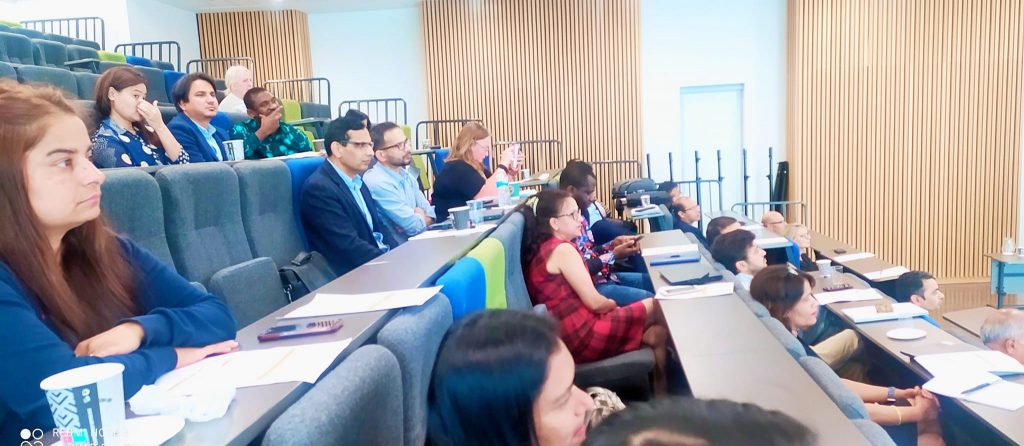
Prof. Edwin van Teijlingen & Dr. Pramod Regmi


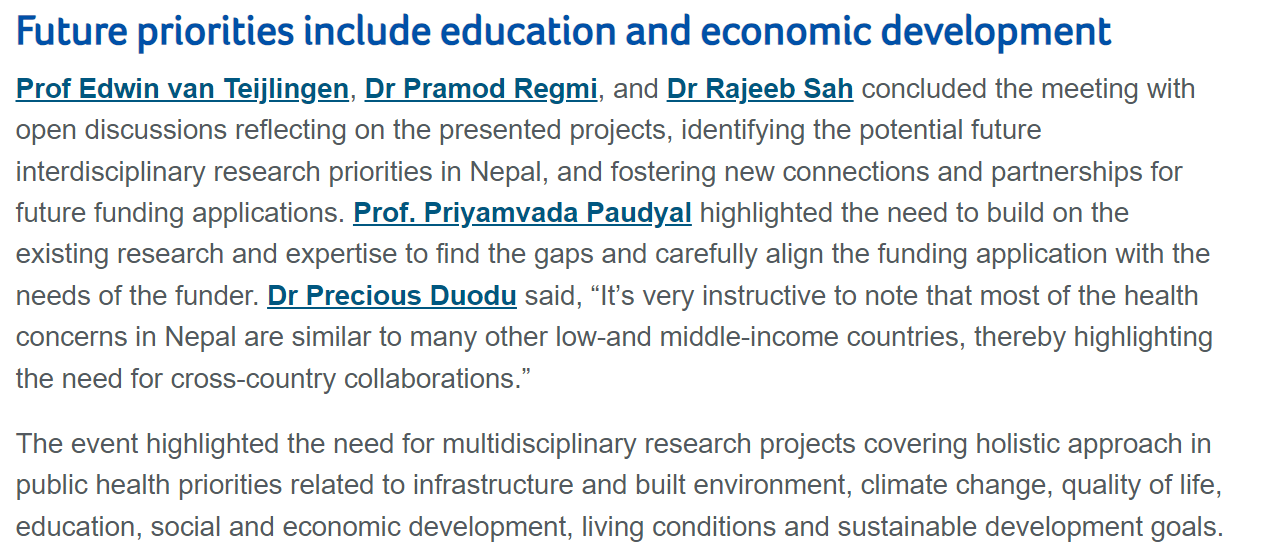
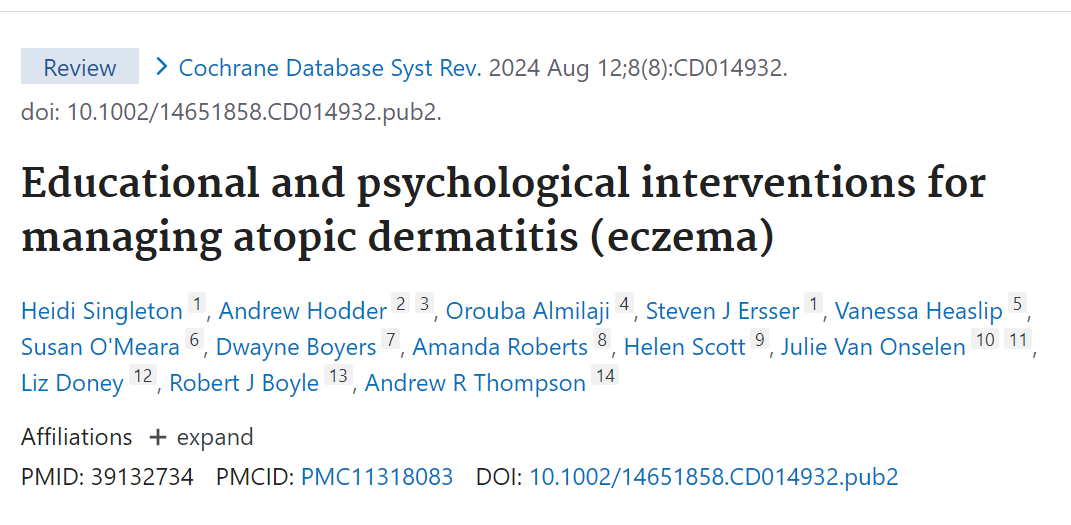
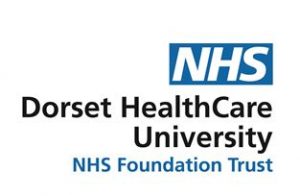

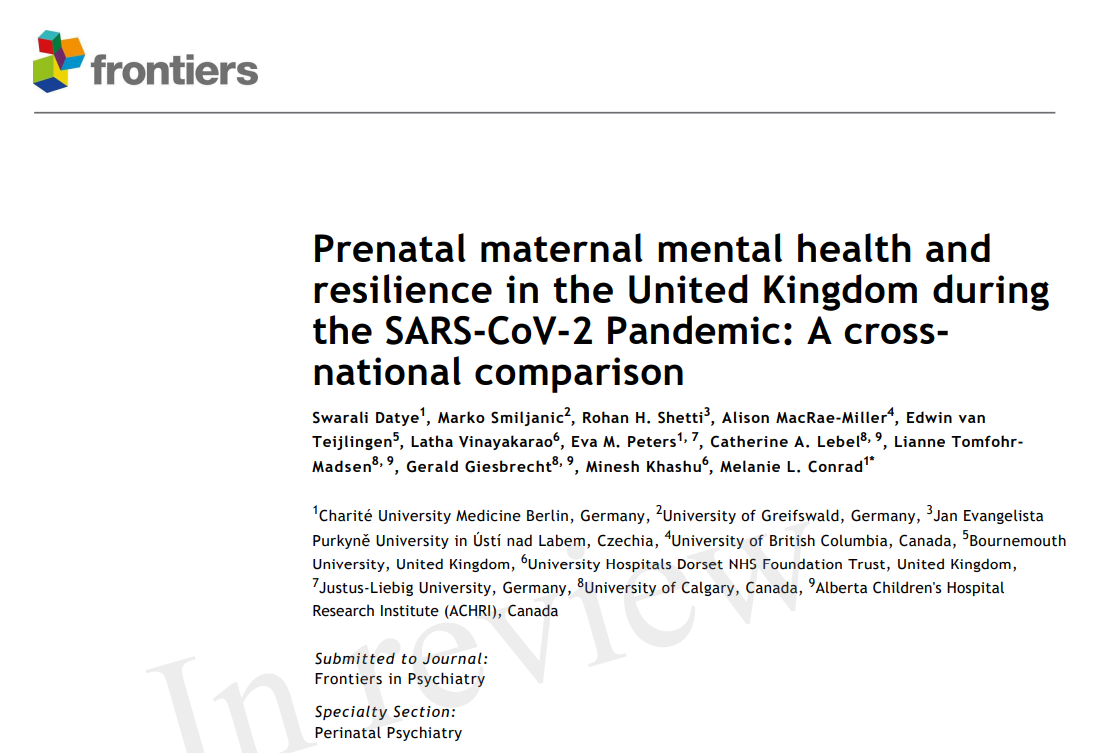



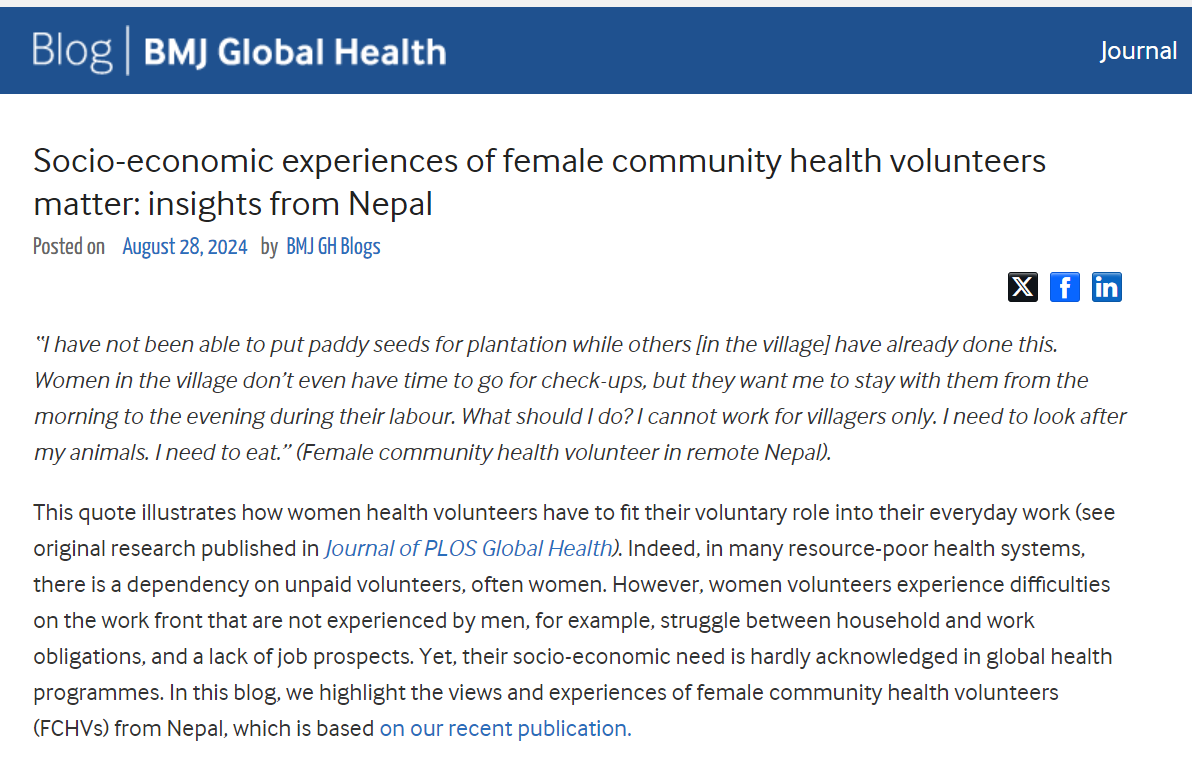
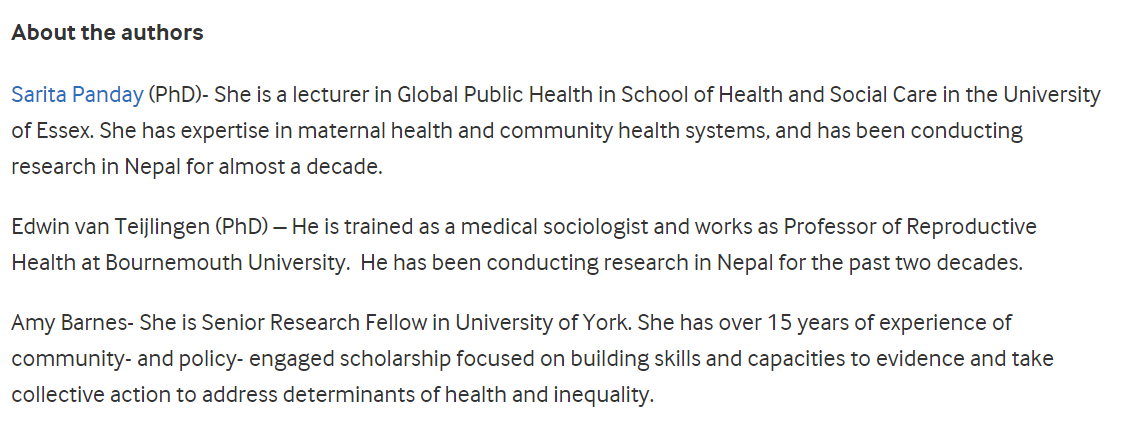
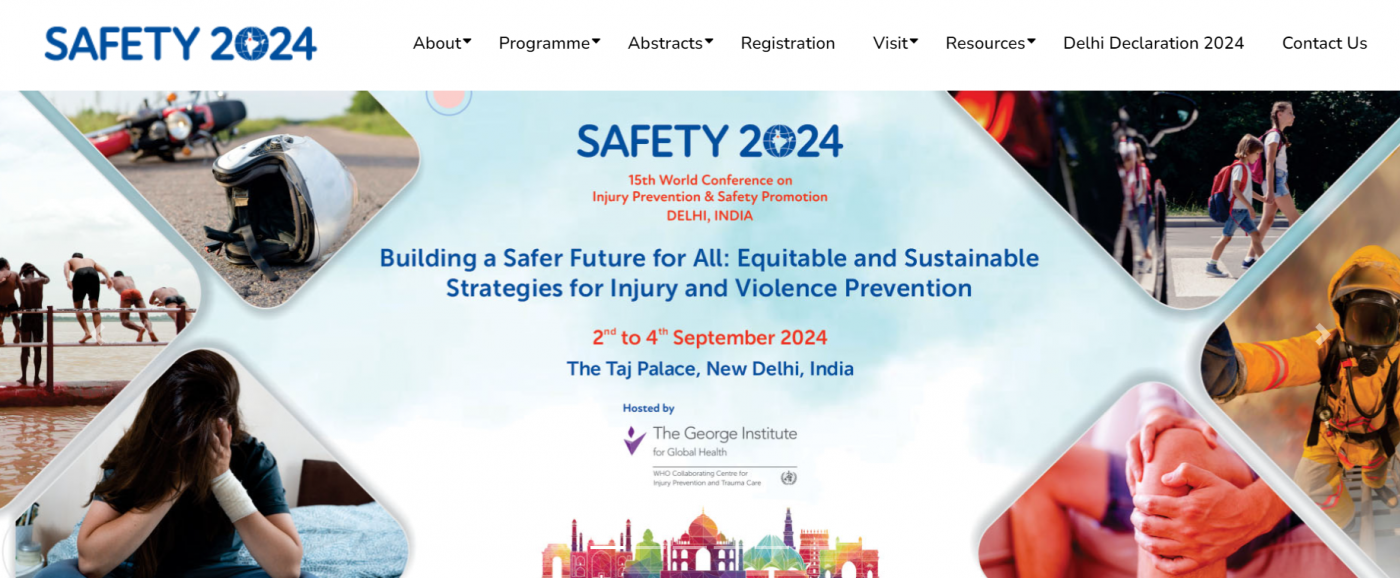

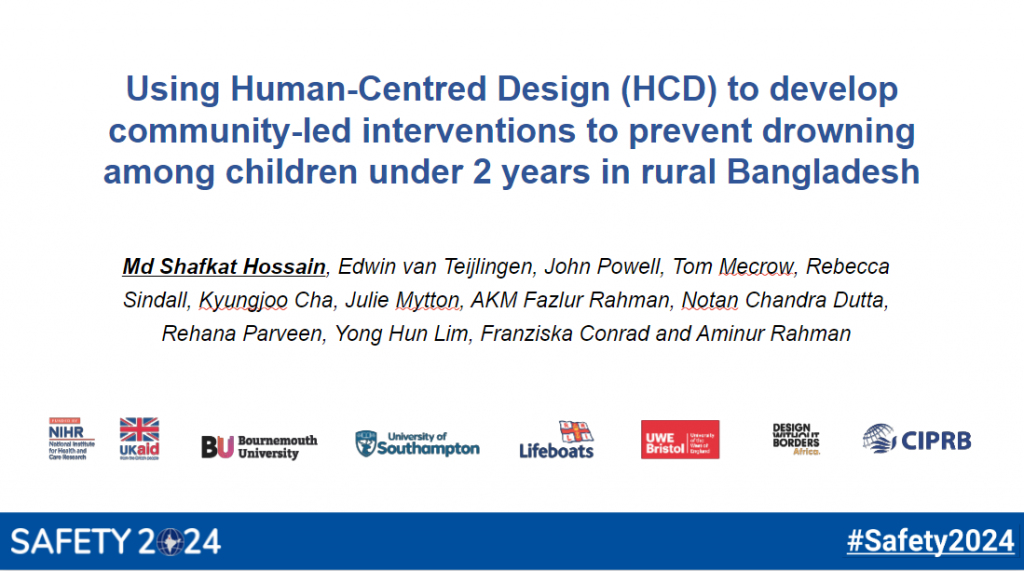



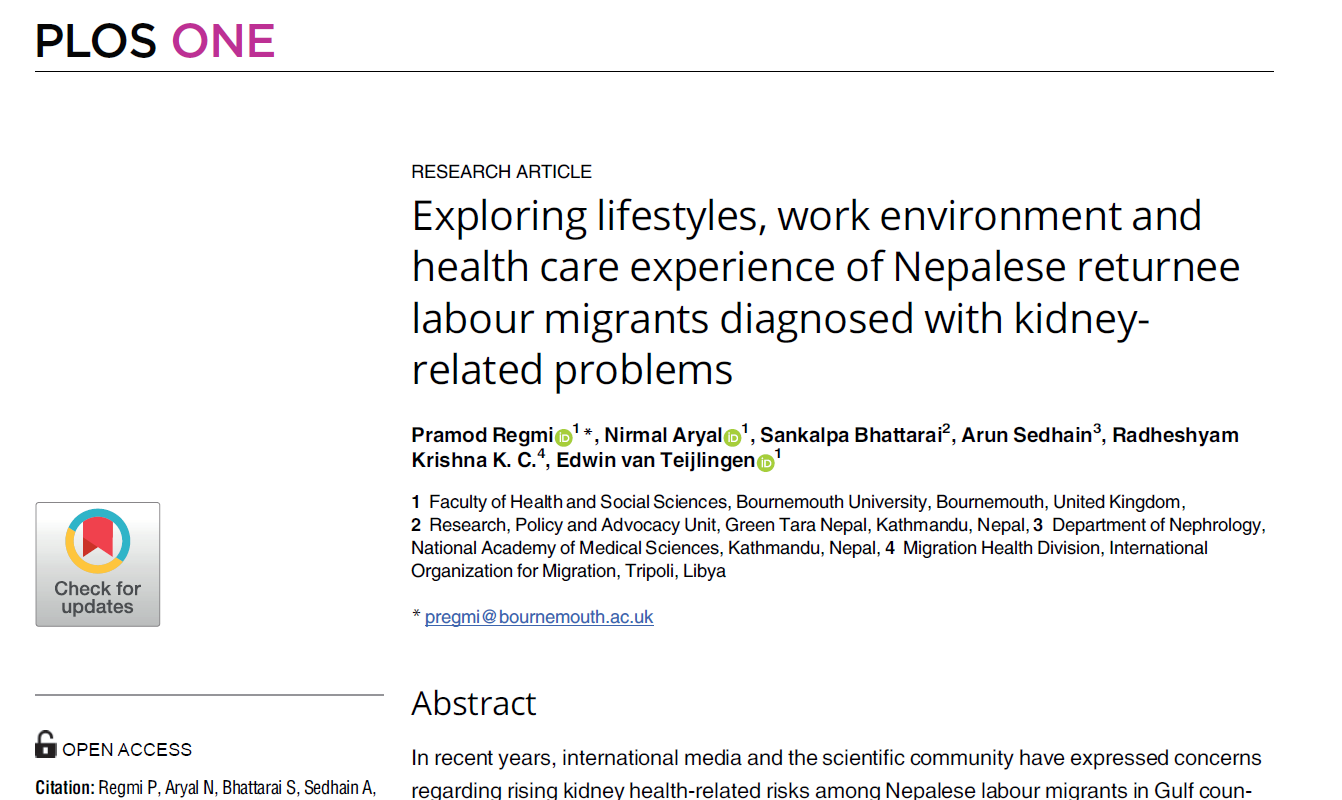

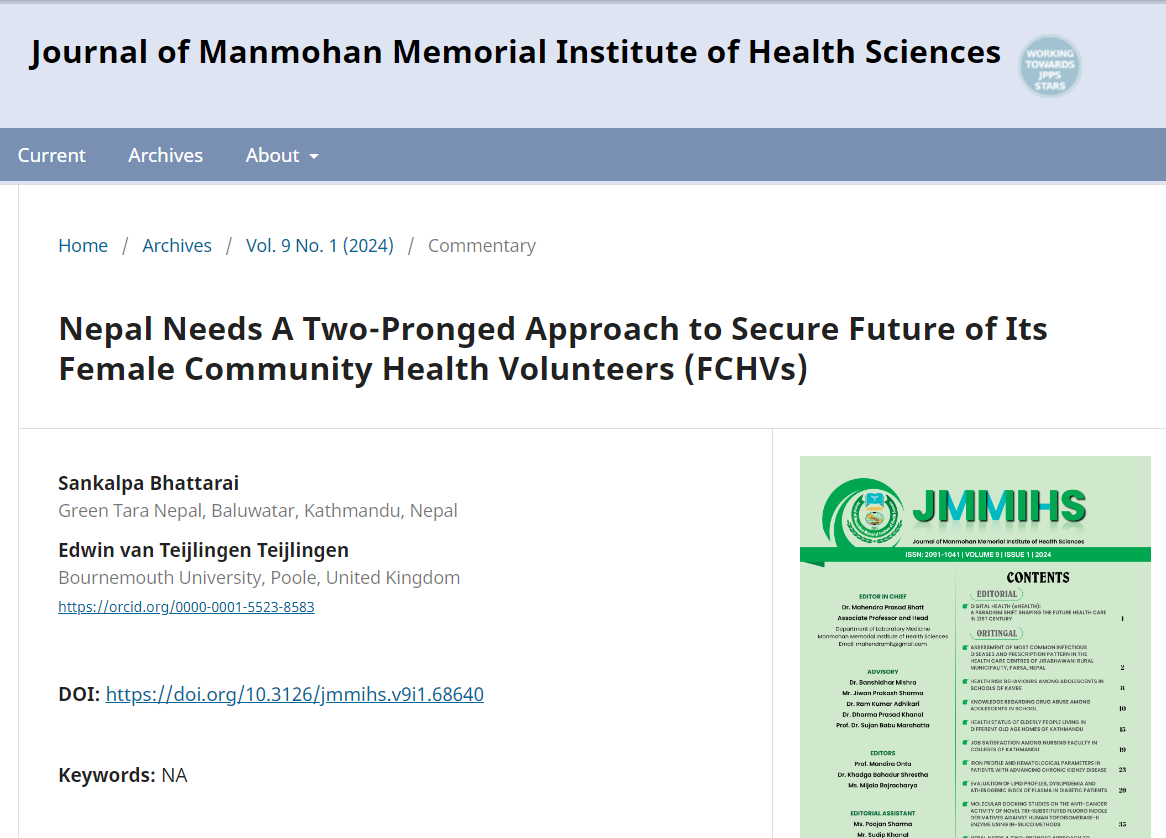
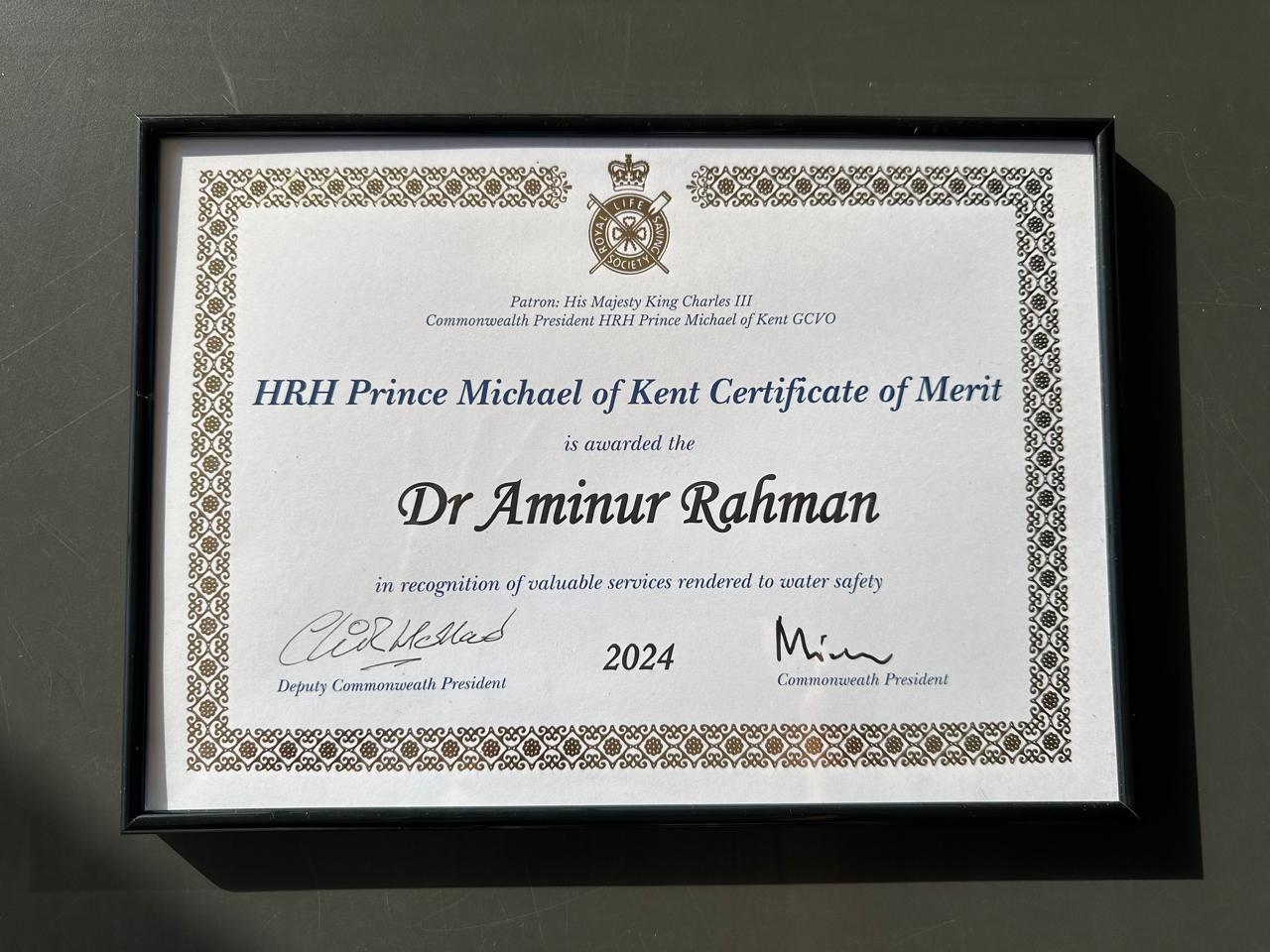
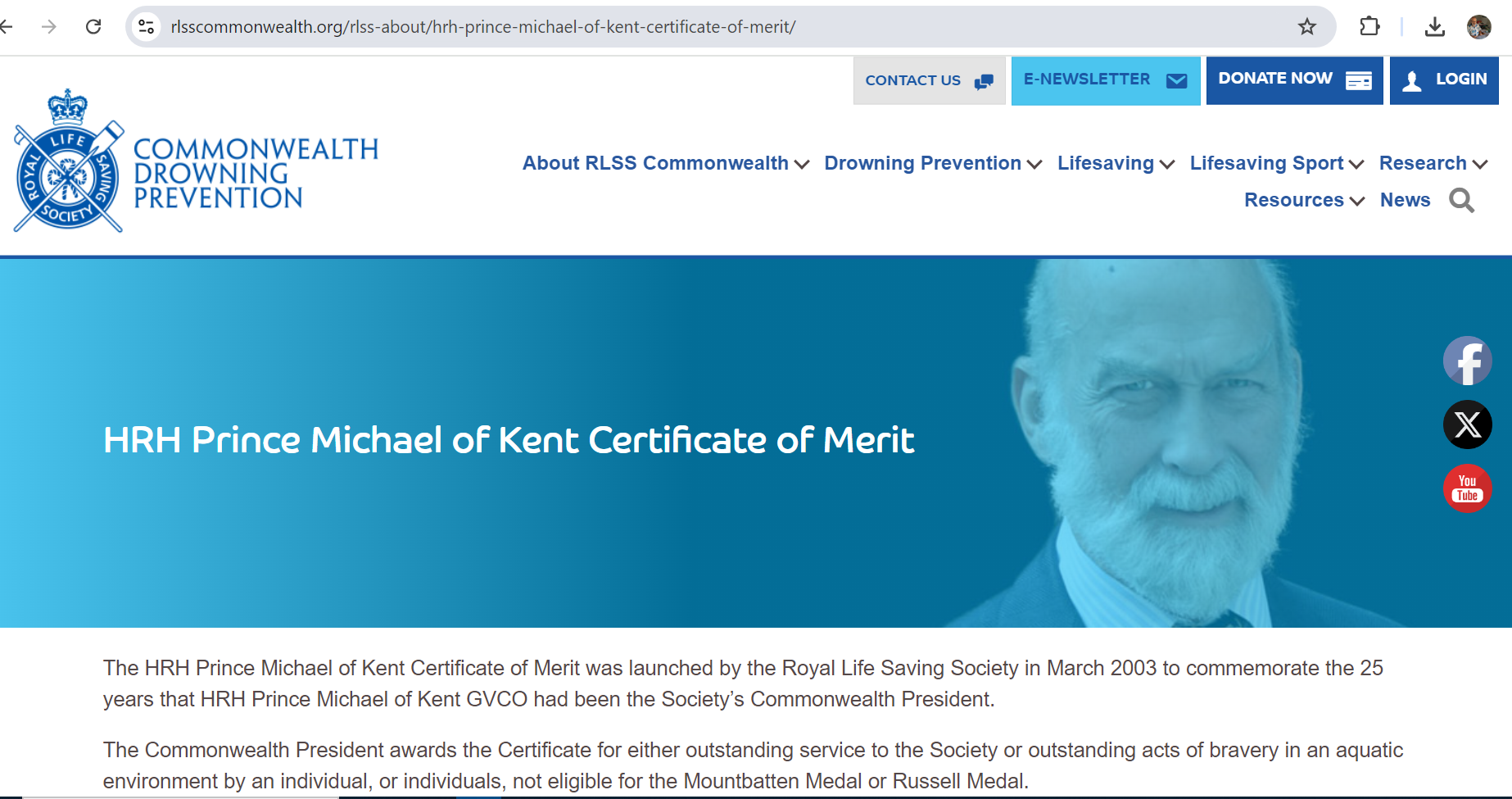




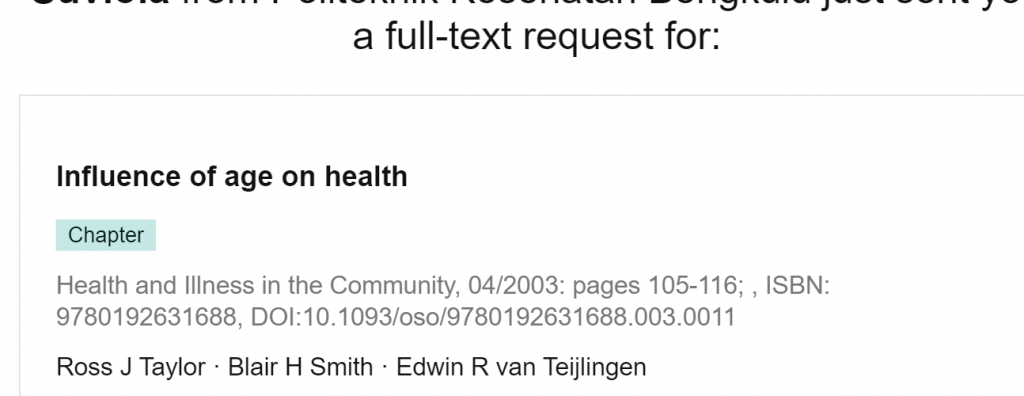
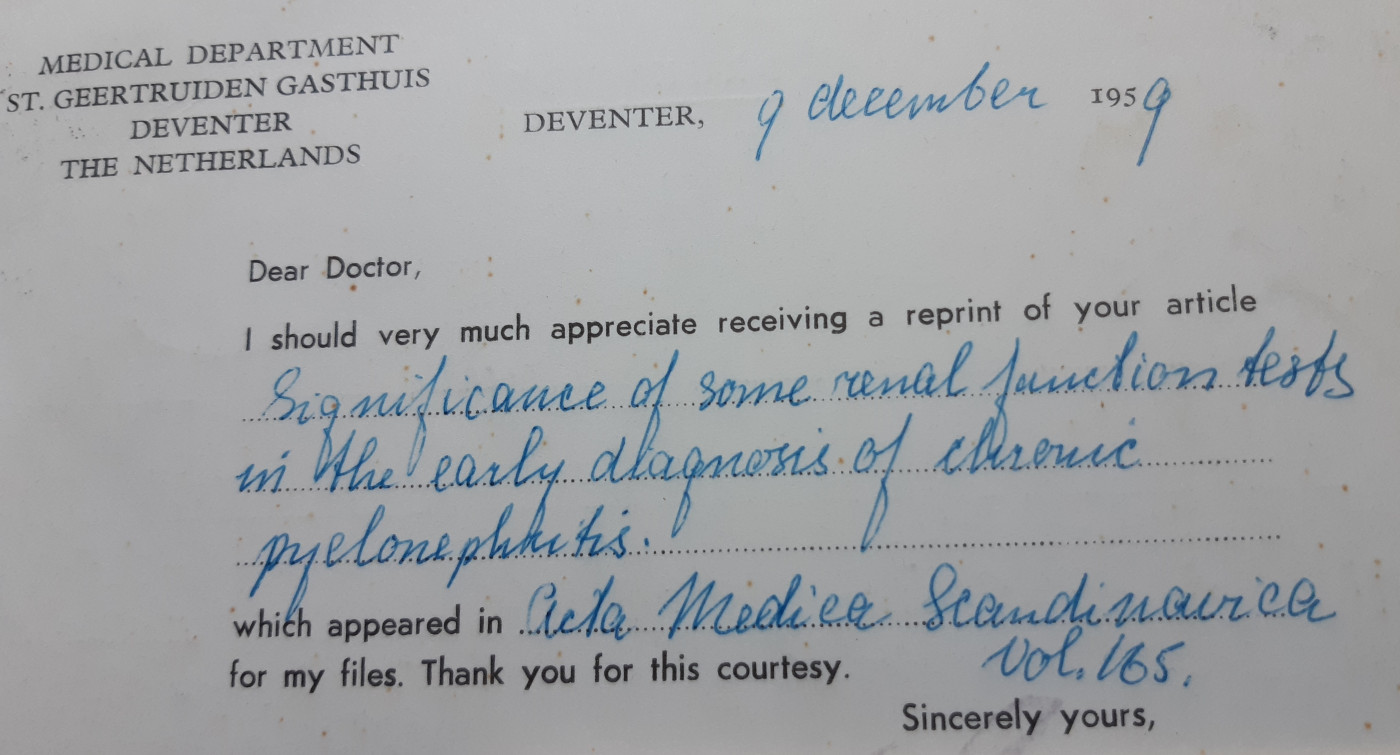



 We have 121 slots available with Carys Davis, of
We have 121 slots available with Carys Davis, of 










 Beyond Academia: Exploring Career Options for Early Career Researchers – Online Workshop
Beyond Academia: Exploring Career Options for Early Career Researchers – Online Workshop UKCGE Recognised Research Supervision Programme: Deadline Approaching
UKCGE Recognised Research Supervision Programme: Deadline Approaching SPROUT: From Sustainable Research to Sustainable Research Lives
SPROUT: From Sustainable Research to Sustainable Research Lives BRIAN upgrade and new look
BRIAN upgrade and new look Seeing the fruits of your labour in Bangladesh
Seeing the fruits of your labour in Bangladesh ECR Funding Open Call: Research Culture & Community Grant – Apply now
ECR Funding Open Call: Research Culture & Community Grant – Apply now ECR Funding Open Call: Research Culture & Community Grant – Application Deadline Friday 12 December
ECR Funding Open Call: Research Culture & Community Grant – Application Deadline Friday 12 December MSCA Postdoctoral Fellowships 2025 Call
MSCA Postdoctoral Fellowships 2025 Call ERC Advanced Grant 2025 Webinar
ERC Advanced Grant 2025 Webinar Update on UKRO services
Update on UKRO services European research project exploring use of ‘virtual twins’ to better manage metabolic associated fatty liver disease
European research project exploring use of ‘virtual twins’ to better manage metabolic associated fatty liver disease